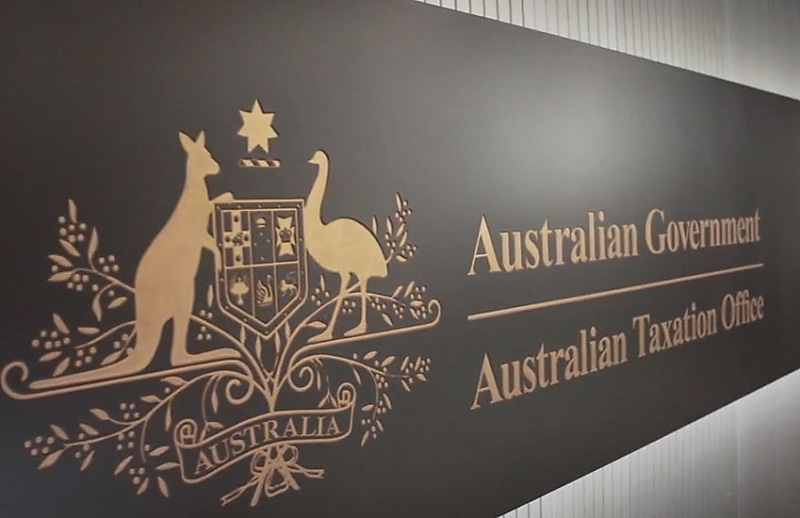ATO to quiz professionals over profit allocation arrangements
TaxA dedicated team within the Tax Office will begin contacting those with high-risk arrangements.

The ATO will begin contacting professionals to quiz them about their profit allocation arrangements in the wake of issuing PCG 2021/4 late last year.
PCG 2021/4 sets out the ATO’s compliance approach to the allocation of profits or income from professional firms, and helps the firms manage the associated risks.
The guidance came into effect on 1 July 2022 and the ATO has set up a dedicated team responsible for its oversight.
“We will be contacting individual professional practitioners who may be in a higher risk category to understand their unique arrangements and structures and provide them with practical assistance and guidance about how they can mitigate any risks that may present,” the ATO said.
PCG 2021/4 is focused on arrangements where taxpayers redirect their income from a business or activity to an associated entity that includes income from their professional services, allowing them to save tax.
The ATO previously advised that in order to rely on PCG 2021/4, professionals had to assess whether their arrangement was commercial and if it had high-risk features. These are referred to as gateways.
It said an arrangement that showed a lack of commercial rationale could appear more complex than necessary to achieve the relevant commercial objective, appear to service no real purpose other than to gain a tax advantage and give a tax result at odds with its commercial or economic result.
It warned that arrangements with high-risk features might include those with financing arrangements relating to non-arm’s length transactions and those who exploit the difference between accounting standards and tax law.
“High-risk arrangements may also misuse the superannuation system, including assignments or disposals of an interest to associated SMSFs,” it said.
Arrangements involving multiple classes of shares and units and creating discretionary entitlements such as dividend access shares may also fall into the high-risk category.
“If we identify arrangements that lack apparent commercial rationale or have high-risk features, we may consider applying anti-avoidance provisions under Part IVA or other integrity rules,” the ATO warned.
“If, as an IPP (individual professional practitioner), you pass the gateways, you can then self-assess against the risk assessment framework to see the type of compliance attention that we will give to your arrangement.
“If an IPP wishes to discuss their profit allocation arrangement with us, they can contact us by emailing



